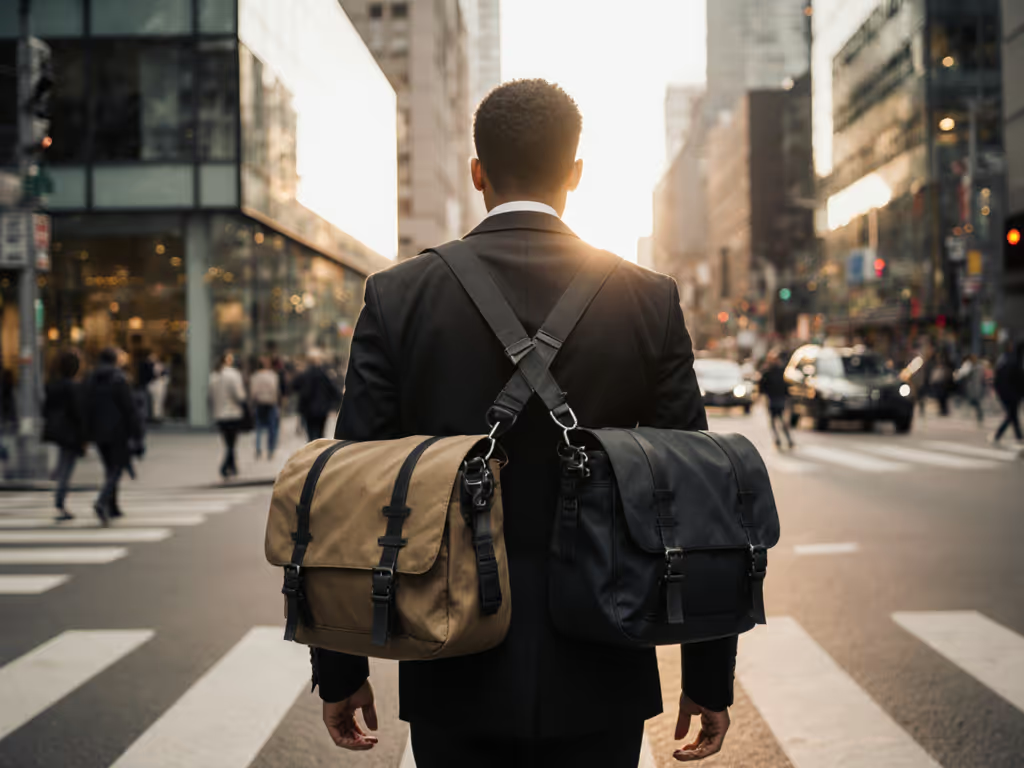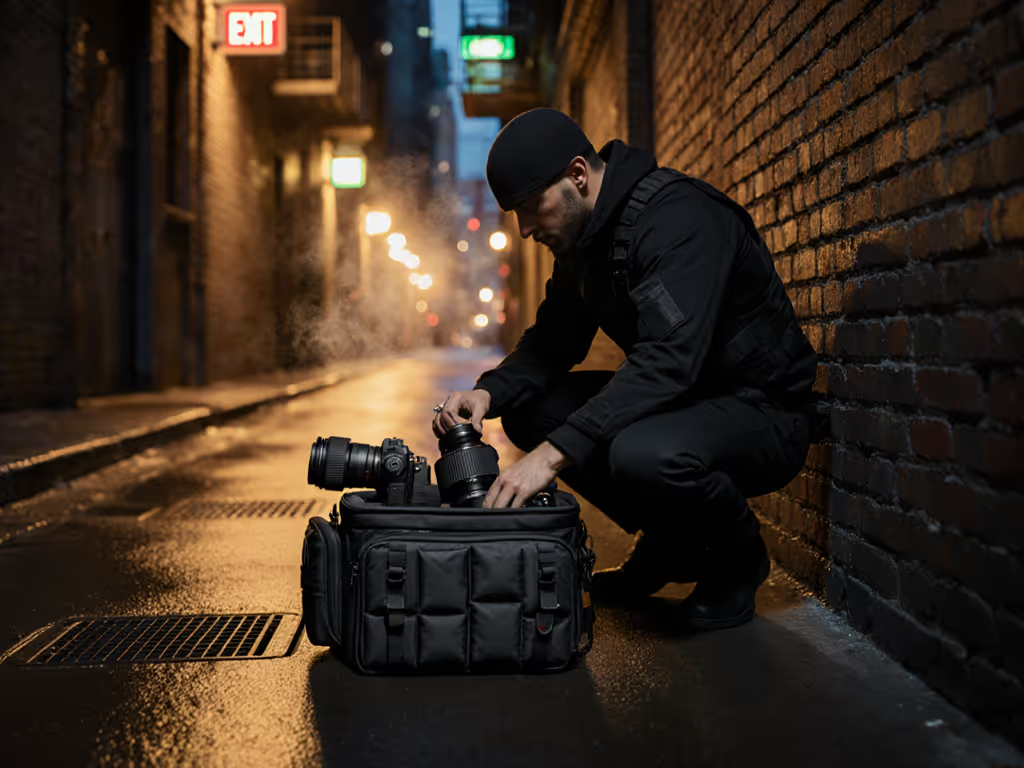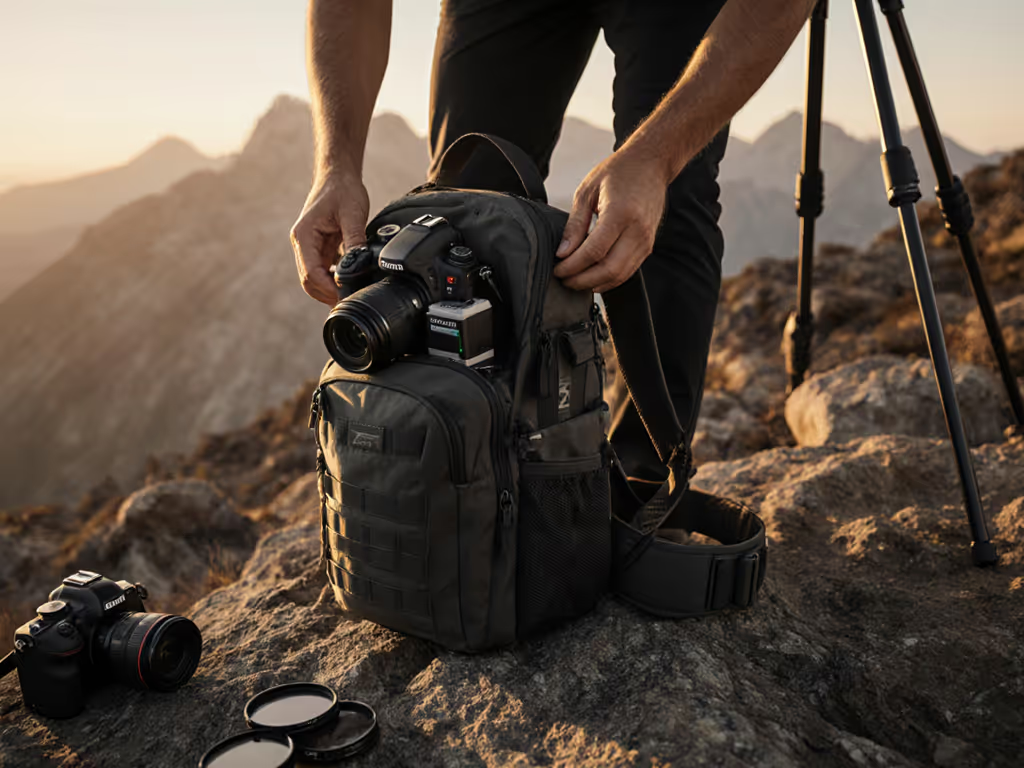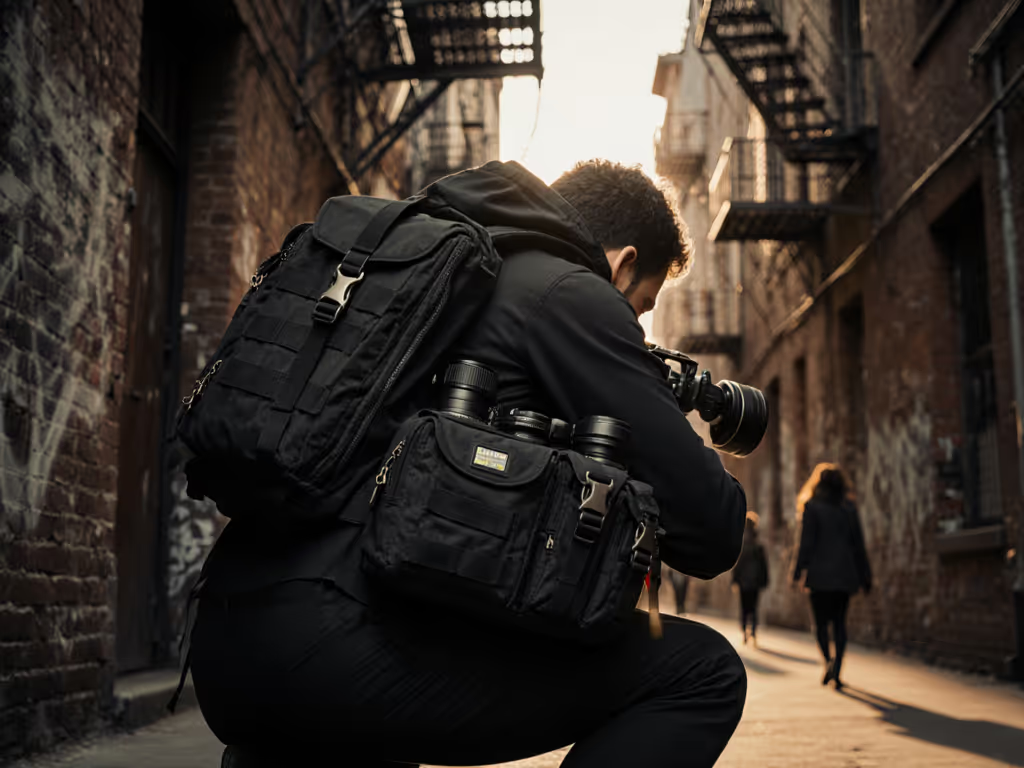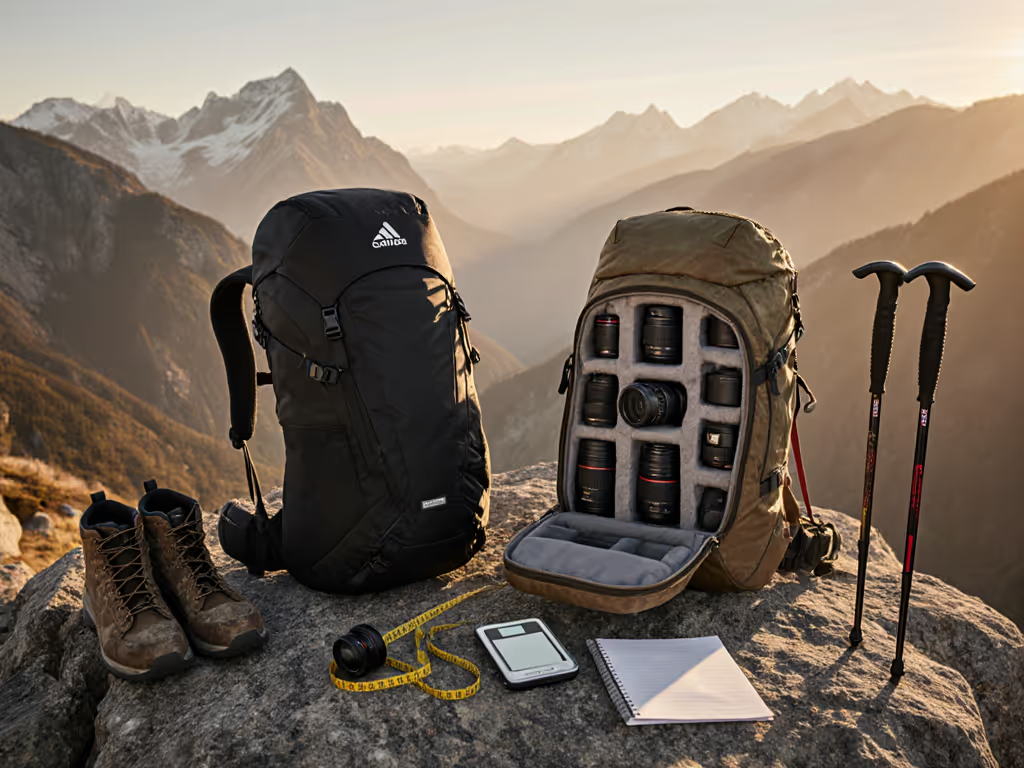
Left-Handed Camera Bags: Fast Access Proven
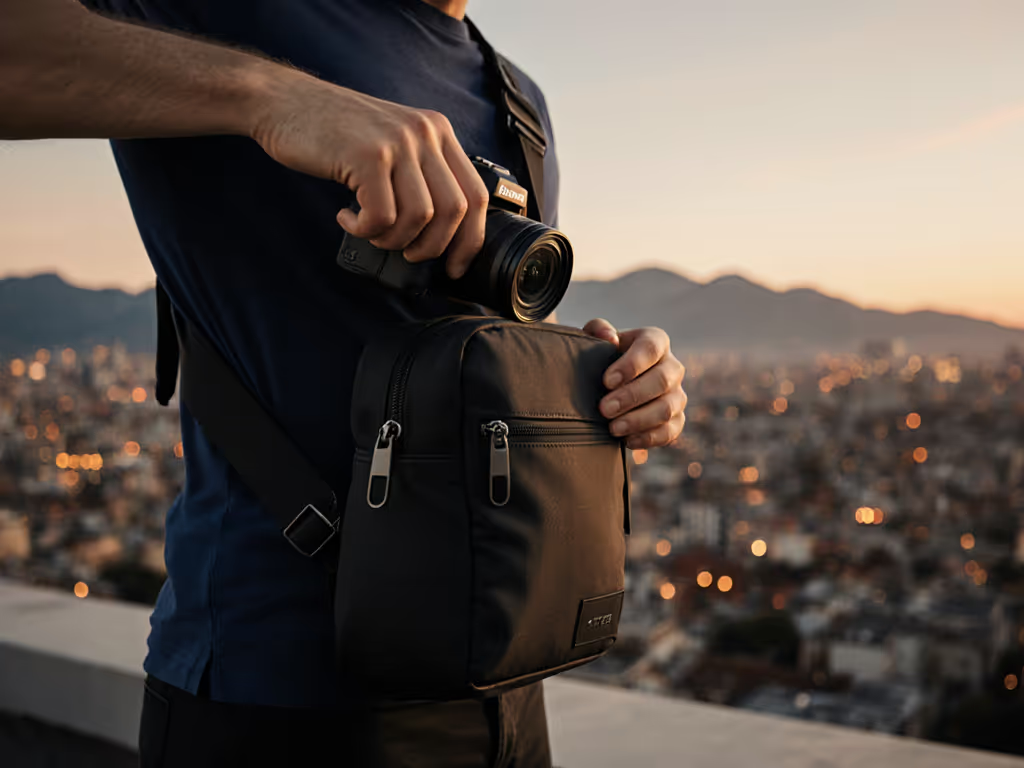
If you've ever fumbled with a right-handed camera bag while chasing a perfect shot, you know the frustration all too well. Left-handed camera bags aren't just a niche accessory, they're your key to reclaiming split seconds that mean the difference between capturing magic and watching it slip away. Forget wrestling straps or sacrificing comfort for access; the right camera bags for left-handed photographers transform your gear from a liability into a seamless extension of your workflow. After years of watching clients waste time and energy on poorly designed systems, I've seen how clarity beats choice overload every single time. Let's cut through the noise and build your solution.
Why Most Camera Bags Fail Left-Handed Photographers
Standard camera bags assume you're right-handed, a design flaw that creates real-world consequences:
- Awkward access points force you to contort your body to open side zips
- Strap placement digs into your neck or slips off your shoulder mid-shoot
- Interior layouts bury gear on the wrong side, slowing your time-to-shot
- Hip/chest straps buckle incorrectly or cause pressure points on smaller torsos
This isn't just inconvenience (it's missed moments). When your bag fights your natural movement, you lose confidence. My first "pro" bag had twenty pockets, but no plan for my left-handed workflow. I doubled gear just to stay sane. Sound familiar?
System over stash isn't just a phrase, it's your path to gear that works instead of weighs you down.
Key Features That Actually Matter for Lefties
Forget marketing fluff. Focus on these game-changers proven in real shoots:
1. True Left-Side Entry (Not Just Ambidextrous Claims)
Many brands slap "ambidextrous" on bags that still prioritize right-handed use. Verify:
- Zippers run parallel to your spine (not diagonally) for natural pull
- Magnetic clasps or 2-handed pull tabs won't pinch your fingers
- Flaps open away from your body when worn cross-chest
Look for bags labeled "left-handed photography gear," since vague "ambidextrous camera bags" often mean you'll still do the adaptation work.
2. Adjustable Harness Geometry (Beyond Simple Length)
Straps that only adjust in length fail left-handed shooters. Prioritize:
- Swivel buckles that let you rotate anchor points front/back
- Shoulder pad positioning that slides along the strap (not just shortens it)
- Hip belt routing that stays secure on petite or curvier frames
Pro tip: Test bags with your heaviest kit while wearing a winter jacket. If the chest strap rides up or pinches, it'll fail you on location.
3. Interior Zones Mapped to Your Workflow
Your left hand accesses gear differently. Demand:
- Battery/SD card slots on the left wall (not right)
- Long lens orientation running top-to-bottom (not left-right)
- Modular dividers that won't shift when you open the bag
Without this, you'll waste 15+ seconds per shot reorganizing, a lifetime in wedding or event photography.
Body Fit: Why "One Size Fits All" is a Myth for Lefties
Left-handed shooters often have different shoulder slope and torso rotation. These adjustments matter:
For Smaller or Curvier Frames
- Avoid standard "unisex" bags, they pitch straps too high for shorter torsos
- Seek brands with female-specific harnesses (e.g., Bellroy Venture Sling Camera Edition) that drop shoulder pads lower
- Prioritize sternum straps that adjust horizontally to fit narrower chests
For Broader Shoulders or Athletic Builds
- Demand wider back panels (14"+ for 44"+ chest sizes)
- Test hip belts that load onto iliac crests (not just waist straps)
- Ignore "universal fit" claims, strap anchor points must clear broad lats
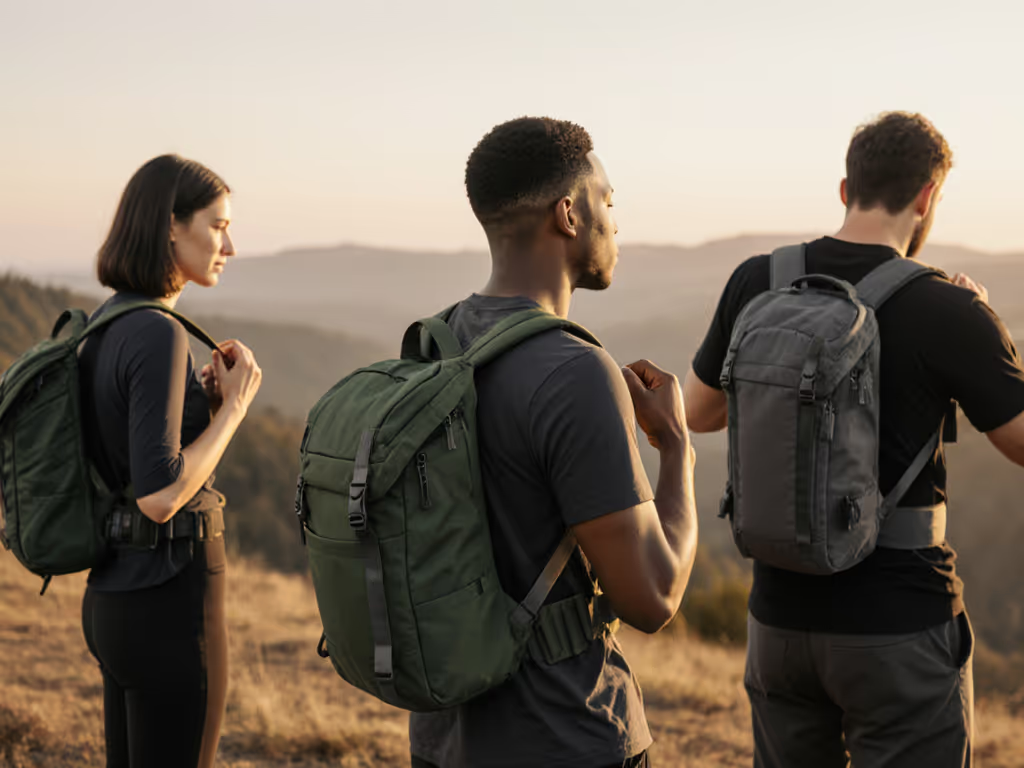
Building Your System: Escape the Bag Graveyard
Stop buying bags. Start building systems. Follow this decision tree:
Step 1: Audit Your Real Workflow
| Scenario | Your Gear Load | Critical Access Need |
|---|---|---|
| Urban documentary | 1 body + 2 lenses | Sub-3 sec tripod deploy |
| Wedding ceremonies | 2 bodies + flashes | Glove-friendly zipper pulls |
| Mountain hiking | Mirrorless + gimbal | Hip belt stays secure when crouching |
Step 2: Match Bags to Body + Gear
- If you carry <5 lbs: Prioritize sling bags with left-side tripod mounts (e.g., WANDRD ROGUE 9L Sling)
- If you carry 5-12 lbs: Need backpacks with adjustable sternum straps (e.g., Shimoda Urban Explore 20)
- If you carry 12+ lbs: Require hip belts with lower anchor points (e.g., Manfrotto Pro Light Multiloader Backpack) Still deciding between a sling and a backpack? See our sling vs backpack speed test for access, comfort, and capacity trade-offs.
Step 3: Test Before Committing
- Fill it: Load with actual gear (not rolled towels)
- Wear it: Walk 500+ steps mimicking your shoot gait
- Access it: Time yourself retrieving batteries 10x in a row
Start small, fit right, build the system methodically. Your first bag needs only solve today's problem, not every future scenario.
Pro Tips for Left-Handed Photographers
⚡ Fix Common Pain Points
- Strap slippage? Add silicone grip strips under shoulder pads (3M makes invisibly thin ones).
- Slow access? Map only 3 critical zones: camera, battery, lens wipe. Label them with heat-transfer vinyl.
- Hip belt won't stay? Angle the buckle inward 15°, it locks against pelvic bone better.
🌧️ Weatherproofing That Works
Left-side zippers leak more during rain. Always check:
- YKK zippers with double storm flaps
- Sealed seams on left access points
- Drain holes at lowest corner (not center)
💡 When Ambidextrous Bags Actually Save You
Own multiple cameras? Try:
- Modular core units: Swap a left-handed sling insert into a right-handed backpack (e.g., Peak Design Shell System)
- Dual-access backs: Bags like the Shimoda Urban Explore 20 let you rotate the entire camera cube
Just don't pay for "ambidextrous" as a band-aid for poor lefty design, it's your workflow that should adapt, not your shooting style.
Your Next Step: Confidence, Not Compromise
You deserve gear that moves with you, not against you. Forget expensive trial-and-error. Focus on bags engineered for your natural workflow, then expand intentionally. When your ergonomic bags for lefties disappear into your movements, creativity takes over. That's the real win.
Missed shots fade. But the confidence of knowing your kit works exactly as you do? That's the moment you'll never forget. Your perfect left-handed camera bag isn't about fancy features, it's about claiming back every second you were born to capture.

